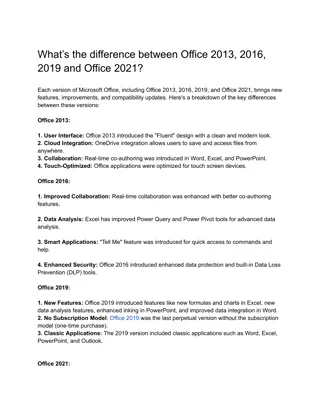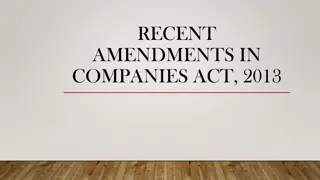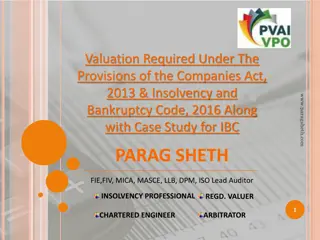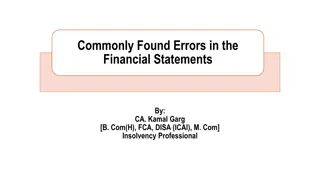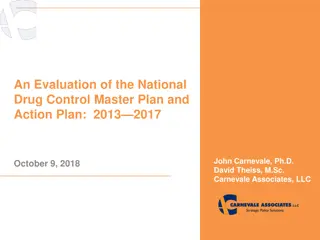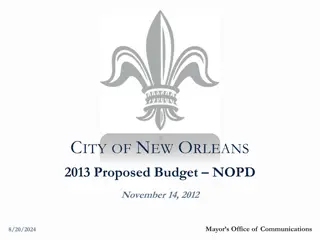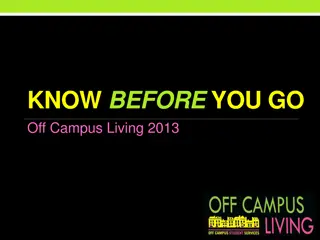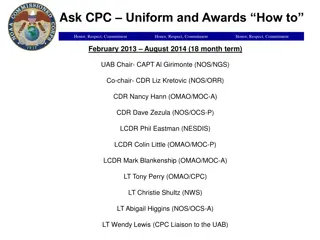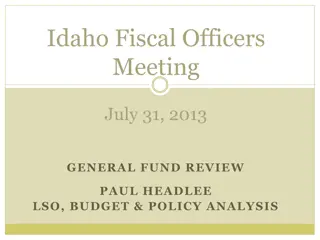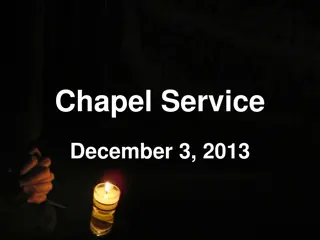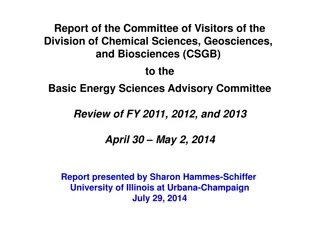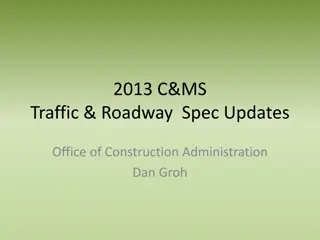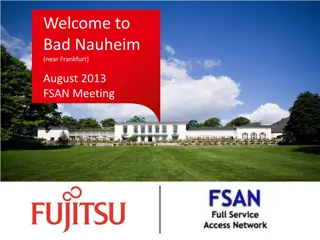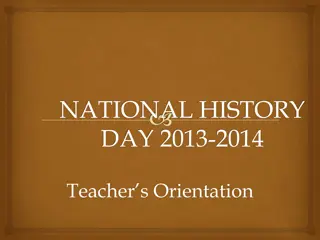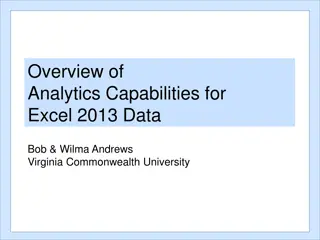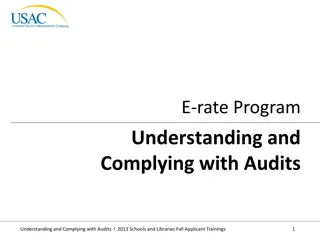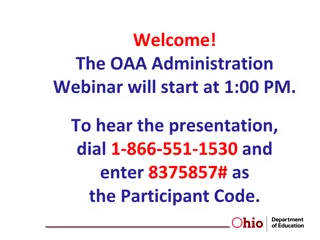
Financial Literacy for Adult Learners at Pennsylvania State University
Explore the financial challenges and options faced by adult students returning to school, with a focus on balancing school demands and adult responsibilities. Financial literacy is key to making informed decisions about money management. Discover ways to lessen the impact of financial sacrifices while pursuing educational goals.
Download Presentation

Please find below an Image/Link to download the presentation.
The content on the website is provided AS IS for your information and personal use only. It may not be sold, licensed, or shared on other websites without obtaining consent from the author. If you encounter any issues during the download, it is possible that the publisher has removed the file from their server.
You are allowed to download the files provided on this website for personal or commercial use, subject to the condition that they are used lawfully. All files are the property of their respective owners.
The content on the website is provided AS IS for your information and personal use only. It may not be sold, licensed, or shared on other websites without obtaining consent from the author.
E N D
Presentation Transcript
MONEYCOUNTS: A FINANCIAL LITERACY SERIES The Pennsylvania State University The Commission for Adult Learners & The Office of Student Aid April 2013 Workshops Webinars Seminars Presentations Budgeting Credit Cards Student Loans Other Topics
MONEYCOUNTS: A FINANCIAL LITERACY SERIES What Should Every Adult Know About What Should Every Adult Know About Finances? Finances? Dr. Daad Rizk The Pennsylvania State University 301 Outreach Building University Park, PA 16802 dar39@psu.edu
DESCRIPTION Returning to school as an adult has its challenges and often involves financial sacrifices, but there are ways to lessen the impact. In this workshop, we will: Explore the financial challenges and options faced by Adult Students Discuss how financial literacy creates a balance between school demands and the rest of adult responsibilities
DEFINITION OF FINANCIAL LITERACY Financial Literacy is acquiring the knowledge and skills to make informed financial decisions and take effective actions regarding money management.
ARE YOU AN ADULT LEARNER? 24 years of age or older; or or a veteran or actively serving member of the armed services; or or returning to school after four or more years of employment, homemaking, or other activity; or or assuming multiple adult roles such as parent, spouse/partner, employee and student.
CHALLENGES? Where will I find the money? Where will I find the time? What would I study? What would I want to accomplish? How do I balance school demands and the rest of my adult responsibilities? Discussing finances is a personal and an emotional topic
OPTIONS? Finding the money? Ask your employer for tuition reimbursement There may be strings attached Working for the company for extended number of years Job security ( win-win situation) Passing grades tied to reimbursement (win-win-situation) Good news: Up to $5,250 of employer-provided educational assistance is tax free. Classes do NOT have to be related to your current position
OPTIONS? Student/Financial Aid Office is your FRIEND! File the FAFSA (Free Application for Federal Student Aid) meet application deadlines! You may qualify for grants and scholarships Search for free money first! You will be classified as independent student You file based on your income (you & your spouse if married) You can get loans (be careful not to extend yourself on loans, remind yourself that loans will have to be paid back)
OPTIONS? Military Aid? Educational benefits for Veterans and their dependents Federal Government GI Bill Benefits Education, Self, Spouse, Children Yellow Ribbon Scholarships Contact your local Veteran s Office financial aid office
OPTIONS Child Subsidy Program Child care subsidy program for qualifying low-income undergraduate student parents enrolled in a degreed program. Funding for graduate student families could also be available.
OPTIONS? Use Personal Assets? Saving Home equity LOC Interest rate Other assets
OPTIONS? Investigate education tax credits and deductions American Opportunity Credit (Hope credit) $2,500 in 2011 for tuition and related expenses for the first four years of undergraduate education (income $80,000 single or $160,000 M/J) Lifetime Learning Credit $2,000 in 2011 for tuition and related expenses for higher education courses taken throughout your lifetime (income $51,000 single or $102,000 M/J) Student Loan Interest Deduction $2,500 of the interest you pay on student loans each year (income $60,000 single or $120,000 M/J)
SET YOURSELF UP FOR SUCCESS! Make your educational experience an Affair to Remember! Acquire financial literacy knowledge Earning, Saving and Investing, spending, borrowing, protecting Catch up on new technology computer skills Take action and make one change at a time
GET THE FAMILY & FRIENDS ON BOARD! Develop a Financial Plan Engage family and friends Ask for support and constructive feedback Evaluate progress each step of the way Keep your focus, stay positive
NEED VERSUS WANT A very simple concept, but a very difficult one to get control of Want can disguise as Need I must have - I would like to have Make need directly related to your budget I need a pair of shoes ($300 or $30)?
SKEPTICISM IN FINANCIAL MATTERS Buyer beware Caveat Emptor Adults must learn skepticism in financial matters Understand the motivation of the counterparty Look at anyone you do business with skepticism Watch for lenders who make too easy for you to borrow (housing market collapse) Ask more questions and do comparison-shop Get verbal promises in writing and check out investments, and those pitching them, before you buy
KNOW WHAT YOU SPEND Many Adults do not adopt a Budget Budgeting or tracking where money is going helps you figure out what expenses can be cut to free up dollars to meet your goals If you always end up short at the end of each month, budgeting is a must to get back on track Use of credit cards can make you feel like you are not spending money Use cash for day-to-day expenses to become more aware of your spending habits Budgeting can give you a higher standard of living as time passes by you will be able to meet your goals through saving and reducing waste
LIVE BELOW YOUR MEANS Easy credit a few years ago made it possible for most of us to borrow and live a lifestyle beyond what our paycheck could support Aim to live on less than what you make so that you are able to save, invest, and finish school
DEBT LIMITS CHOICES Big purchases with borrowed money are big commitments of your future income (house, car, education, etc.,) The decision to take on debt today could leave you unable to take advantage of opportunities later Limit student loans to tuition cost and borrow only what you can afford to pay after graduation
PAY YOURSELF FIRST Most Adults have this concept backward Set aside at least 10% of your net income each month before you pay your bills Establish an emergency fund Save for retirement Save for major purchases
TIME VALUE OF MONEY Getting a dollar today is worth more than receiving it in the future You can invest the dollar today and in time, it grows to be worth more than a dollar The earlier you start investing, the faster you reach your goals
COMPOUNDING INTEREST When interest you earn is added to the principal, you increase the value of that principal and you earn interest on the total value The effect of earning interest on interest makes your money grow faster
SCHOOL, CAREER AND LIFE? Map out your life goals - your plan? Establish a support system family/friends/tutoring programs/academic advisors and counselors Make it a family decision Include children and spouse Consider attending part-time, night classes or online education Focus on future rewards!
MONEYCOUNTS: A FINANCIAL LITERACY SERIES Share a TIP! Things do not change, WE CHANGE! Henry David Thoreau
CONTACT INFORMATION Questions & Comments Thank you! Dr. Daad Rizk The Pennsylvania State University MoneyCounts: A Financial Literacy Series 301 Outreach Building University Park, PA 16802 dar39@psu.edu 1-(814)-863-0214

